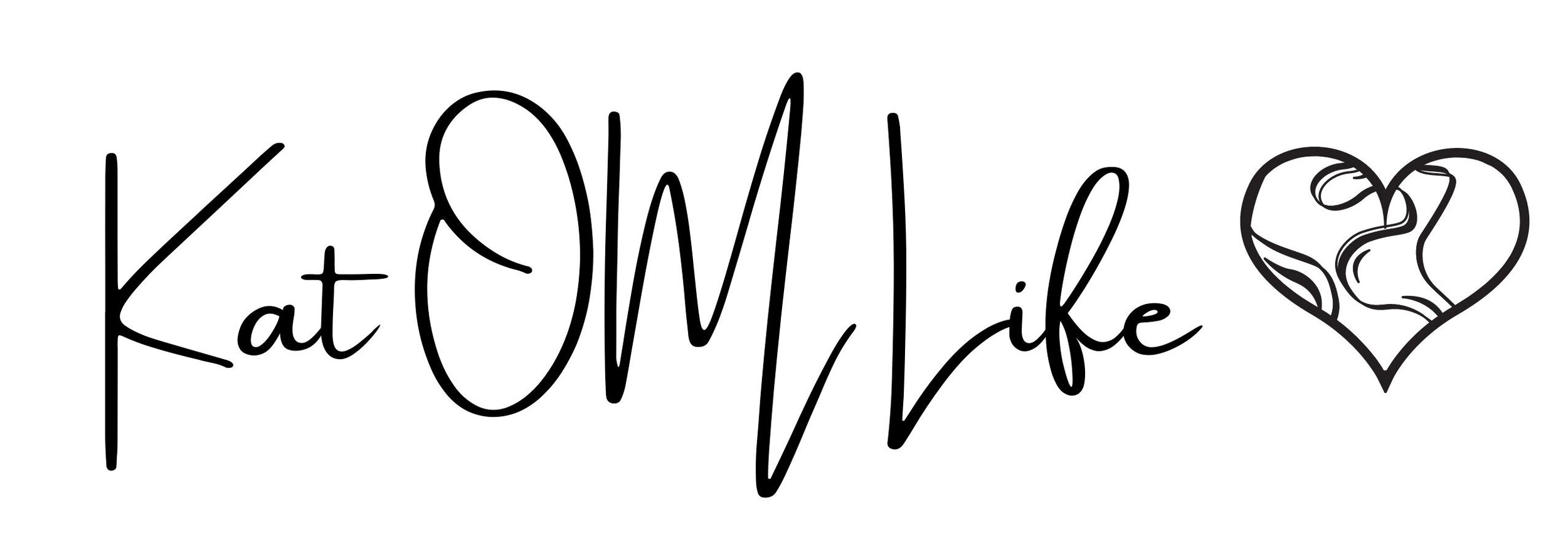Society Says, "Stop Saying 'I'm Sorry,'" But Also Says, "Those Who Say Sorry First are the Strongest"
So, which one is it?
Kat OM Life, Spiritual Conscious Living and Musings on Everyday Life
Image of a typewriter with the words “I’m Sorry” typed. Photo credit: Pedro Sala

